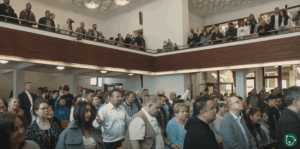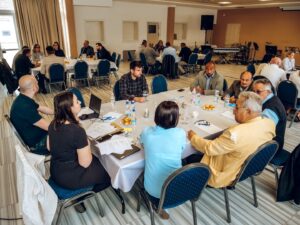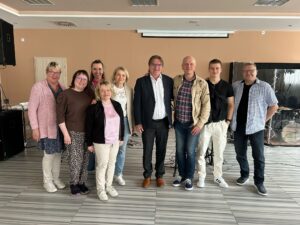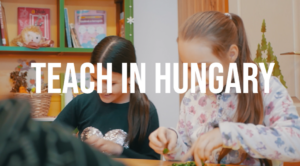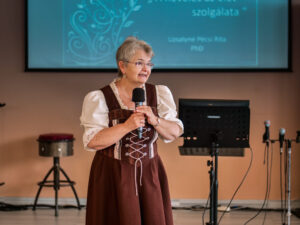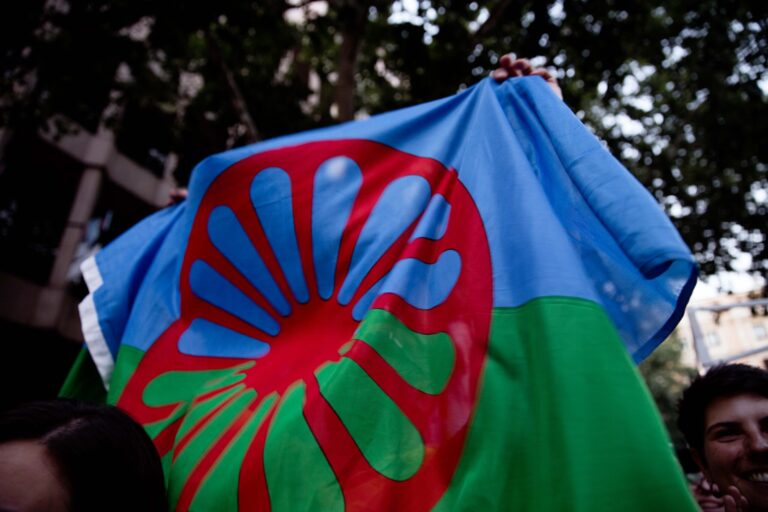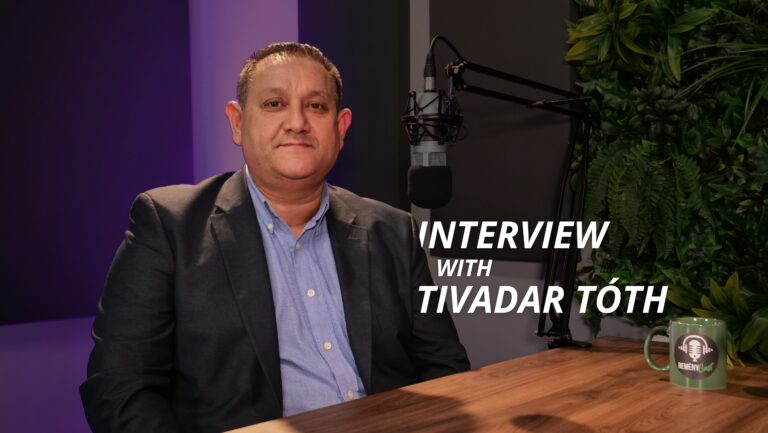October not only marks the colorful shift of seasons but also calls our attention to a profound and often silent struggle faced by many – mental health. As we embrace World Mental Health Day on October 10th, we embark on a journey to reflect upon this critical issue, taking a closer look at how it can affect one of the most vibrant yet often marginalized communities in our society, the Roma people.
It’s essential to recognize the risk factors that can lead to mental health challenges. Factors such as gender, age, mental illness, substance misuse, and stressful life events can all contribute. For many, it’s the combination of these factors that plays a pivotal role rather than a single one. Stigma, prejudice, harassment, and bullying can further exacerbate an individual’s vulnerability to mental health struggles.
Gypsy communities often fulfill many of the criteria associated with increased mental health risk. Factors such as social isolation, discrimination, low self-esteem, and a lack of access to preventive services can create a complex web of challenges that impact mental health.
The disparities endured by the Gypsy community are both distressing and undeniable. They grapple with a suicide rate six to seven times higher than the general population, a harrowing statistic that casts a shadow over their lives. Their mental well-being is marred by poverty, social exclusion and the weight of stigma. Accessing healthcare services poses formidable challenges, as negative staff attitudes and deeply rooted distrust, born from past experiences, act as stubborn barriers. Vital preventative healthcare services often elude them, compounding their vulnerabilities. Additionally, many Gypsy families find themselves ensnared in perilous living conditions, deprived of even the most basic amenities. It’s an alarming reality that demands compassion, proactive measures, and systemic change.
At HGMI, our mission is clear: to bring healing to every aspect of these communities’ lives and to eliminate the factors that contribute to mental health issues. We stand in solidarity with Roma communities, offering support, understanding, and resources.
Moreover, we must foster a sense of belonging and acceptance within Roma communities. By nurturing support networks, promoting self-worth, and eliminating discrimination, we can create an environment where mental health can thrive.
In closing, let us remember that healing is possible. By working together, supporting one another, and eliminating the barriers that contribute to mental health challenges, we can bring about positive change. As we commemorate World Mental Health Day, let us stand together in unity, compassion, and understanding, working towards a world where mental health is cherished and every individual is empowered to heal, grow, and thrive.







